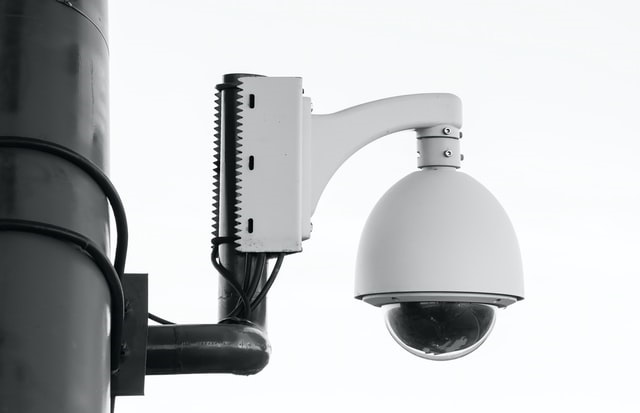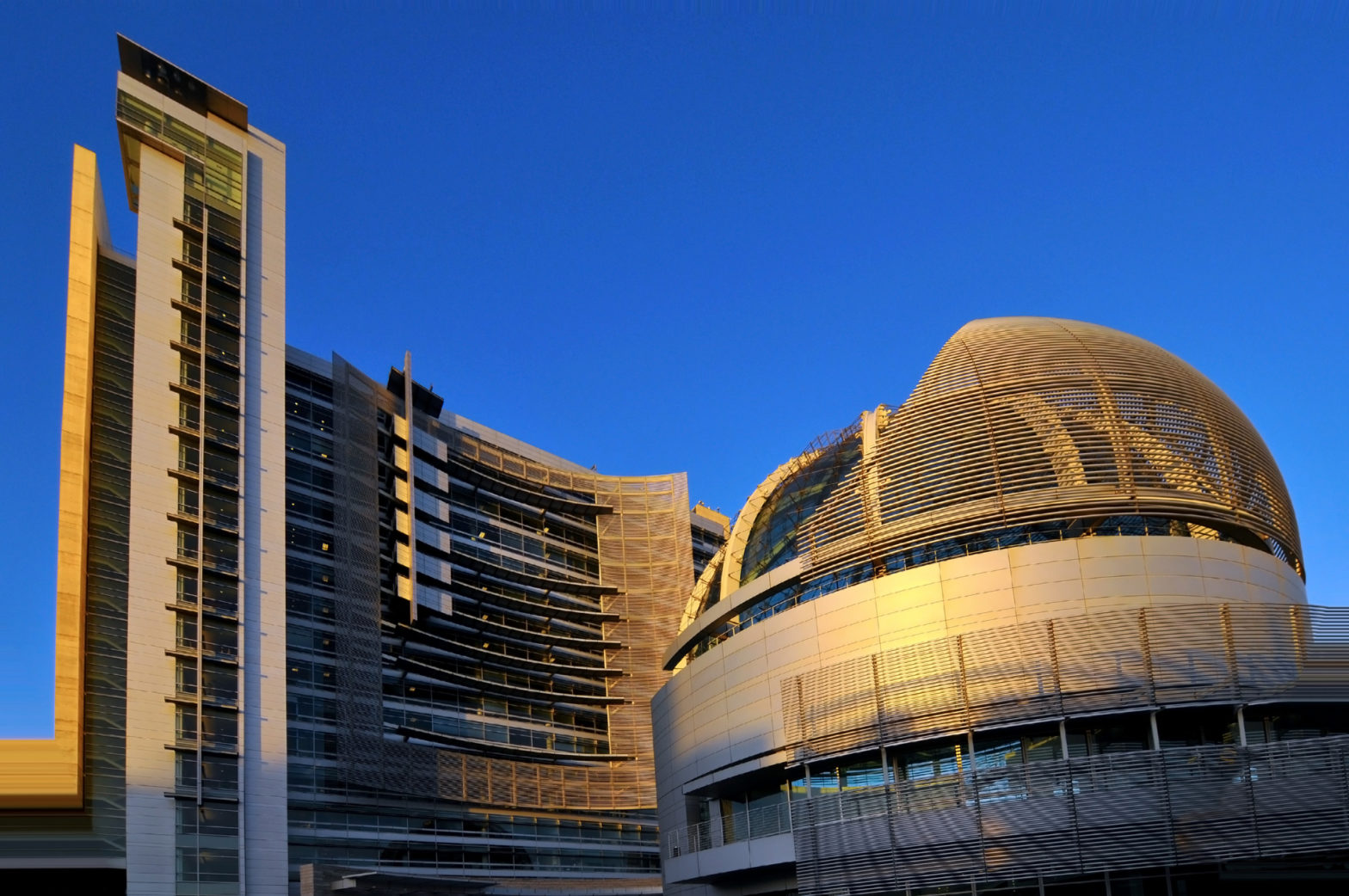
Photo: Pawel Czerwinski on Unsplash
San Diego’s surveillance tech ordinance receives approval
08 August 2022
by Sarah Wray
An ordinance governing the use of surveillance technologies has received final approval from San Diego City Council. Its passage has been years in the works.
The ordinance requires all new and existing surveillance technology to be reviewed by a Privacy Advisory Board and approved by the City Council. City staff will need to submit an impact report and use policy for each technology, and prior to this must hold community meetings where the proposed technology would be deployed. All approved surveillance technologies will be reviewed annually.
The rules apply to a range of technologies such as cell site simulators, automatic licence plate readers, gunshot detectors, body-worn cameras, video surveillance cameras, and social media monitoring tools.
The ordinance defines surveillance technology as that which monitors or collects information associated with, or capable of being associated with, an individual or group.
The ordinance came about after San Diego installed over 3,000 smart streetlights which included cameras and sensors, with stated goals relating to cost and energy savings and using data to improve parking, traffic management and more. The programme drew privacy concerns and it was later discovered that police had used camera footage to investigate certain crimes. Following a backlash, in September 2020 then-Mayor Kevin Faulconer ordered the streetlight sensors and cameras to be switched off until an ordinance was in place.
A January 2020 proposed policy on streetlight sensor data was rejected in favour of a more comprehensive surveillance technology framework.
Exemptions
The approved ordinance includes a one-year grace period for existing surveillance technologies. A recent amendment introduced an exemption for police officers on federal taskforces, after police chief David Nisleit said federal agencies bar taskforce members from disclosing information about their use of surveillance technology. He said requiring them to do so would mean effectively that San Diego police could no longer work on federal taskforces. Several groups and individuals opposed this amendment, but it was passed in June.
In addition, in “exigent circumstances” surveillance technology that is yet to be formally approved can be deployed but must be reported. This means emergency situations where there is a danger of death or serious physical injury or significant property damage.
The TRUST SD Coalition, made up of 30 local community organisations, was formed in response to San Diego’s smart streetlight programme and since 2019 has pushed for greater oversight of surveillance technology. The group put forward the ordinances on surveillance oversight and a privacy board in collaboration with Councilmember Monica Montgomery Steppe.
A statement from Montgomery Steppe said: “As elected officials, we must prioritise a balance of both public safety and civil liberties for the people we serve. The passed exemptions continue to cause concern, given the history of surveillance against our most vulnerable communities.
“However, the community wants to feel safe, and these oversight mechanisms over the city’s surveillance technologies bring us closer to transparency while improving safety for our residents.”
“This is one step towards making sure technology serves people’s needs, not the needs of profiteering tech companies or people experimenting on the city’s residents,” said TRUST SD Coalition Steering Committee member Lilly Irani, Professor at UC San Diego. “Next time we find a library being defunded while surveillance technology is being funded, a lot more people have learned to stand up, understand the technology, organise together, and say no.”
The implementation of privacy boards and surveillance technology oversight policies is a growing trend in the US, with several cities following in the footsteps of those such as Oakland.








